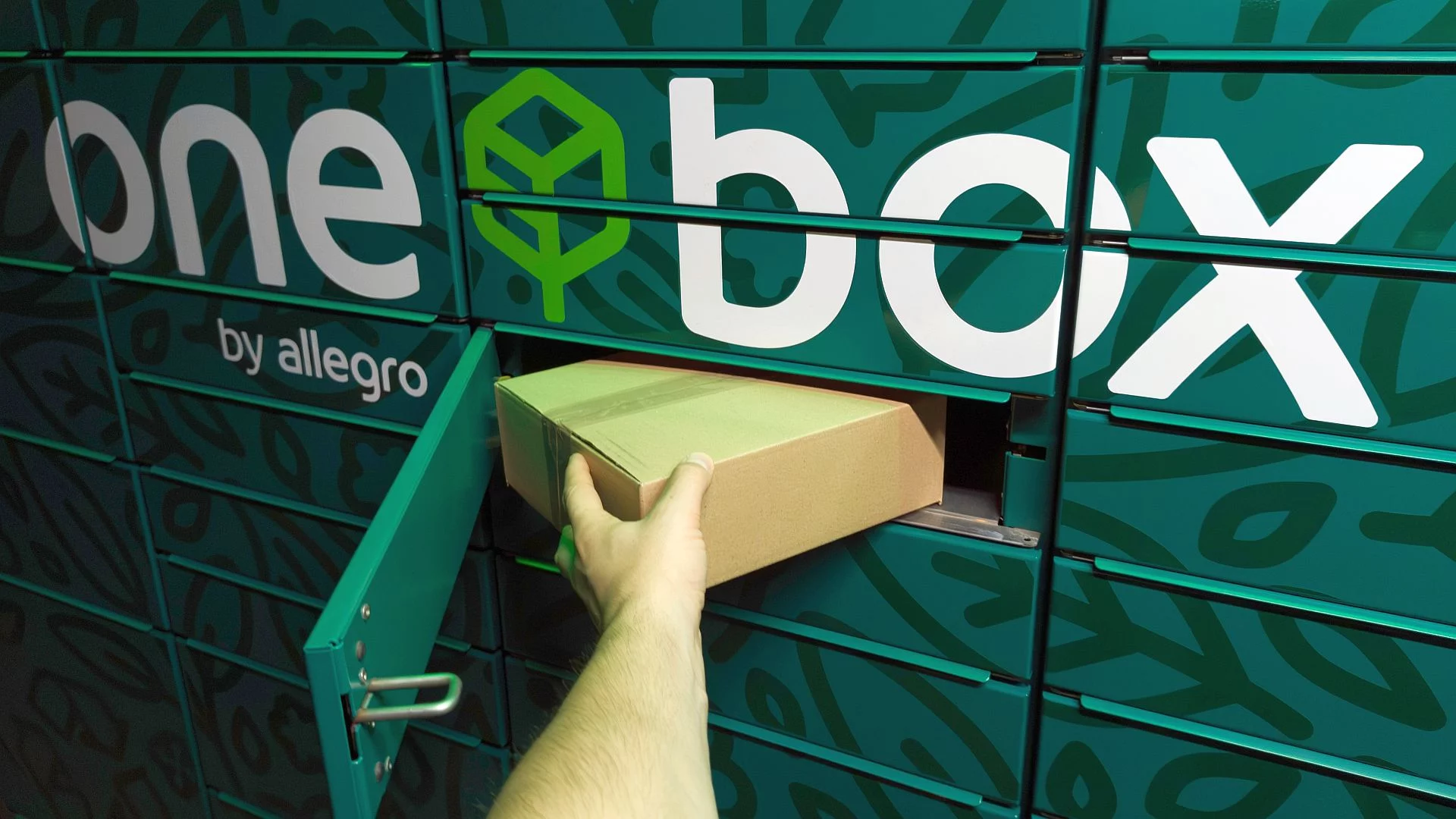Are you thinking of running a prize giveaway in Poland? If so, you need to know how taxes work here. Polish taxes can be hard to figure out, so you should learn the basics before you start. I have made a list of the usual kinds of prize giveaways in Poland and the tax rules for each one.
Below you may find a breakdown of issues covered in this article:
- Who pays the tax on prizes?
- What determines whether and how much tax you will pay?
- Type of participant – consumer or entrepreneur
- Type of prize
- Type of promotional campaign
- The value of the prize – tax exemptions
- How to choose the best tax settlement method for your promotion?
1. Who pays the tax on prizes?
If you are planning to run a promotional campaign in Poland that involves giving away prizes, you might be wondering who is liable for paying the tax on those prizes. The answer is simple: the campaign organizer. That means you, unless you hire a professional marketing agency to handle the campaign for you.
Marketing agencies have the expertise and experience to run successful campaigns and take care of the legal aspects, including taxation. By working with a marketing agency, you can save time, money, and hassle, and focus on your core business. But it’s by no means mandatory to hire a marketing agency and every manufacturer or distributor is free to run a campaign “in-house”.
2. What factors determine whether and how much tax you will pay?
The tax rules depend on different factors, such as:
- who is receiving the prize: a consumer or an enterpreneur?
- what type of prize are you giving: cash, goods, services or rights?
- what type of promotion are you running: contest, lottery, loyalty program?
- how much is the prize worth?
3. Type of participant – consumer or entrepreneur
The terms “consumer” and “entrepreneur” are quite intuitive in Poland and, in practice, should be understood the same and in other jurisdictions. Therefore:
- a consumer is someone who buys goods or services for their personal use;
- an entrepreneur is someone who buys goods or services for their business-related purposes.
You must be aware, though, in Polish tax legislation there are two kinds of entrepreneurs:
- natural persons who usually run small businesses and pay Personal Income Tax (PIT) and
- legal persons/limited partnerships that pay Corporate Income Tax (CIT).
Other kinds of partnerships are not subject to income tax as themselves. It’s their partners that pay their own tax based on partnership’s income.
4. Type of prize
A prize in the promotional campaign is considered in income under tax laws. If one wins a prize, the one must pay tax on it. This applies to both in-kind prizes (like phones, laptops, and cars) and money prizes (like cash, gift cards, and vouchers).
However, if one wins a prize that gives a percentage discount, then it’s not considered an income as such. One does not have to pay tax on it, then.
5. Type of promotional campaign
If you want to attract more customers, you can use different strategies, such as contests, lotteries, or loyalty programs. But each of these has different rules and tax consequences. Let me explain:
Contest:
- a contest is when you ask participants to do some specific task like write a slogan or take a photo, and you choose the best one to win a prize
- only the best get the prize – someone wins, someone loses
- the winners are selected by the competition committee or a ranking of the best participants
- if the contest is for consumers or entrepreneurs who are natural persons, organizer must pay a tax of 10% of the gross value of the prizes
- if the contest is for entrepreneurs who are legal persons, organizer does not have to pay tax. The awarded entrepreneur settles it themself.
Lottery:
- lotteries are considered a form of gambling that have strict rules in Poland, not only in terms of taxes
- a lottery is when you can win a prize by chance; for example, you can win by picking a lucky ticket, scratching a card, or finding a message inside a product.
- some lotteries require one to buy a product or register a receipt online before making an entry
- the tax rules for lotteries are the same as for contests:
- if the lottery is for consumers or entrepreneurs who are natural persons, organizer must pay a tax of 10% of the gross value of the prizes
- if the lottery is for entrepreneurs who are legal persons, organizer does not have to pay tax. The awarded entrepreneur settles it themself.
Loyalty programs (bonus sales):
- loyalty programs are a marketing strategy designed to encourage customers to continue to shop at or use the services of a business associated with the program
- these programs are focused on building relationships with clients and appreciating their loyalty to the company
- there are rewards for buying certain products or services; here are some examples of how loyalty programs work:
- buy bars of chocolate worth 50 PLN in total, register a receipt on the promotion page and receive a voucher for extra 50 PLN;
- buy products, collect points and exchange them for rewards from the rewards catalog.
- when it comes to taxes, the amount of tax organizer must pay depends on the type of loyalty program:
- for consumer loyalty programs, organizer must pay tax in the amount of 10% of the gross value of the prize only if the prize exceeds the gross value of PLN 2,000.
- for loyalty programs for entrepreneurs who are natural persons, organizer must pay tax in the amount of 10% of the gross value of the prize and its value does not matter.
- for loyalty programs for entrepreneurs who are legal persons, organizer does not have to pay tax, the awarded entrepreneur settles it themself.
6. The value of the prize – tax exemptions
Here is a summary of the exceptions to the general rules of taxation of prizes/rewards in Poland:
Contests:
- tax exemption applies to competitions organized for consumers, but not for entrepreneurs
- a prize will be tax-free if two conditions are met:
- its individual value does not exceed PLN 2,000 gross.
- the contest is organized and announced by the mass media (radio, press, television) or it is a competition in the field of art, science, culture, journalism or sport.
Lotteries:
- tax exemption applies to lotteries organized for natural persons, including both consumers and entrepreneurs.
- a prize will be exempt from tax if its individual value does not exceed PLN 2,280 gross.
Loyalty Programs:
- tax exemption applies to loyalty programs organized for consumers, but not for entrepreneurs.
- a reward will be exempt from tax if its individual value does not exceed PLN 2,000 gross.
7. How to choose the best tax settlement method for your promotion?
You want to run a promotion in Poland that attracts customers and boosts your sales. But before you do that, you need to figure out how to deal with taxes. This is not a simple matter. Your choice of tax settlement method depends on several factors, such as:
- the type of promotion you wish to run (e.g., discount, coupon, cashback, etc.)
- the target you’d like to reach (e.g., new customers, loyal customers, etc.)
- the prizes/rewards you want to offer (e.g., money, products, services, etc.)
Different types of promotions have different tax implications for both you and your clients. You need to be aware of the tax laws and court rulings that apply to your promotion, and how they might change over time. To avoid any legal problems, I suggest that you consult a lawyer before you launch your promotion. You may together verify the key elements of your marketing campaign and choose the best tax settlement method for your promotion.

 2 lat temu
2 lat temu





